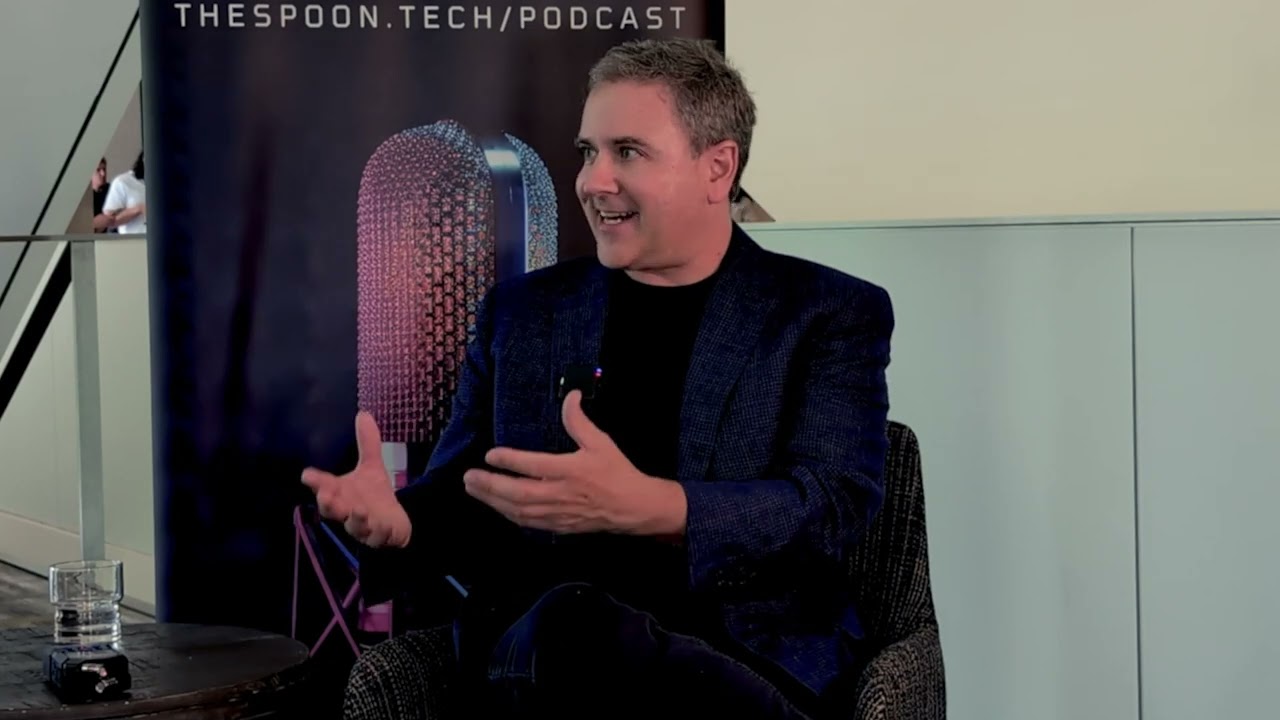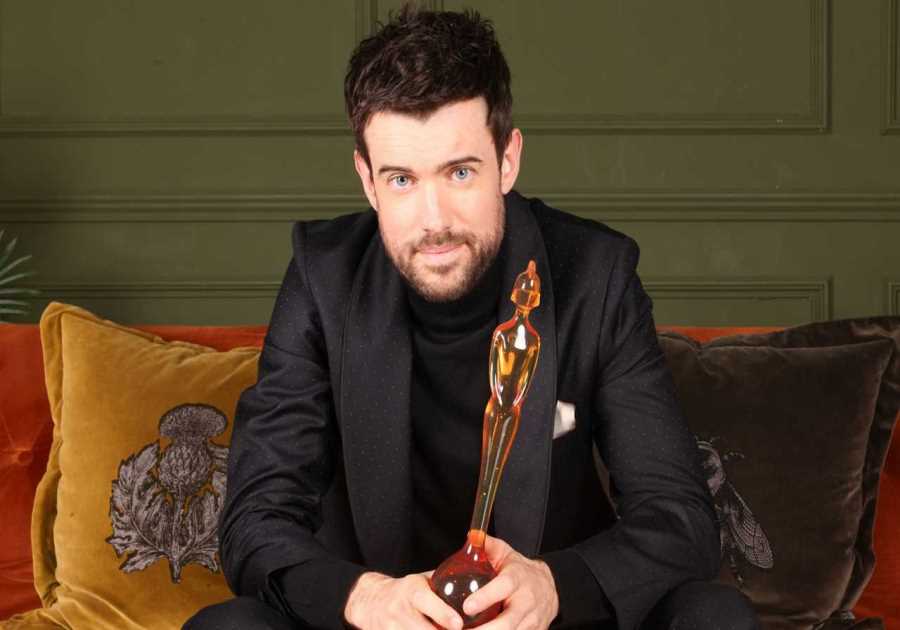At this year’s ReFED Summit in Seattle, Andrew Shakman was in a reflective mood. When asked about the state of the food waste reduction movement, the Leanpath CEO, who has spent more than two decades fighting food waste, compared the moment we’re in to the second act of a three-act play.
“If we go back to Aristotle’s Poetics, the beginning is always gripping. The middle is hard, and I think we’re in act two, where it’s no longer the beginning, but we are not at the end.”
According to Shakman, it’s a moment of transition for the food waste movement. The early momentum that defined the last decade, fueled by sustainability pledges, bold 2025 goals, and a wave of startup innovation, is giving way to a more complicated reality. Some organizations are hitting their targets while many are falling short. And now, for many fighting the fight, the question isn’t just what the next goal should be, but how to keep the movement going.
According to Shakman, that means leaning into the business case for food waste reduction, much as he did when the company first started.
“When we started, I’ve been at this 21 years. It was all about money. It was all about saving money, pulling dollars out of the garbage,” he said. “We came to understand that this was a nexus issue that incorporated issues around climate and food security and land conversion and biodiversity and water resources and everything. Today we’re reverting back to a narrower story that’s more focused on business case simplification, making life as business-focused as possible, because of the environment we’re in right now. There’s less political unanimity around climate and ESG.”
Shakman believes this re-focusing on the business case is happening because many enterprises are deemphasizing meeting sustainability goals, in part due to the political moment we are in in 2025. But just because the Leanpath CEO sees a powerful message in emphasizing efficiency and saving money as key motivators to adopt food waste reduction tech, he doesn’t think those in the industry should abandon talking about how important waste reduction is for the environment.
“You can still have the whole conversation,” Shakman said. “But the emphasis is on the business case at the moment. I don’t think we should allow ourselves to walk away from the moral imperative”
When I asked him about AI, he said the technology is most powerful when it drives action in the kitchen and elsewhere.
“Chefs did not get into food because they wanted to sit in front of their computer,” Shakman said. “They want to touch and make touch, make connect and create experience, and they want to know what’s the fastest path to taking the most impactful action, and that’s where I think AI is going to be very exciting.”
Shakman believes AI is most powerful when it adds context to decision making through triangulating different data sets, but believes the industry – and its data – is in many ways structured in a way that makes creating that contextual nuance difficult. The real breakthrough, he believes, will come from breaking down the data silos in foodservice technology.
“There are POS data assets for what you’ve sold,” said Shakman. “There are inventory data assets around what you bought and maybe what’s on your menu. There are now waste data assets that are actually unique contributors to the data landscape. And with those, when you triangulate with what you sold and what you bought, you now have the ability to see things that you could never see before.”
But even as Leanpath builds toward that integrated vision, one that blends frontline kitchen tools with enterprise-level oversight, Shakman remains focused on the people behind the data. “The changemakers on this issue are the people working in kitchens,” he said. “They’re driven by emotion, by the desire to do good. If you can align action with purpose, you unlock something powerful.”
Shakman’s framing of the food waste battle as a three act play isn’t all that surprising since storytelling runs in the family; his brother, Matt Shakman, is a longtime Hollywood director, directing shows like WandaVision and It’s Always Sunny in Philadelphia and the upcoming Marvel movie, The Fantastic Four: First Steps.
Both Shakman brothers are, in their own way, trying to navigate two very different Act Twos and shape what comes next.
You can watch my full conversation with Andrew from the ReFED conference below and find it later this week on The Spoon Podcast.

Did you miss our previous article...
https://ballerawards.news/epicure/the-grocery-store-is-the-food-system






